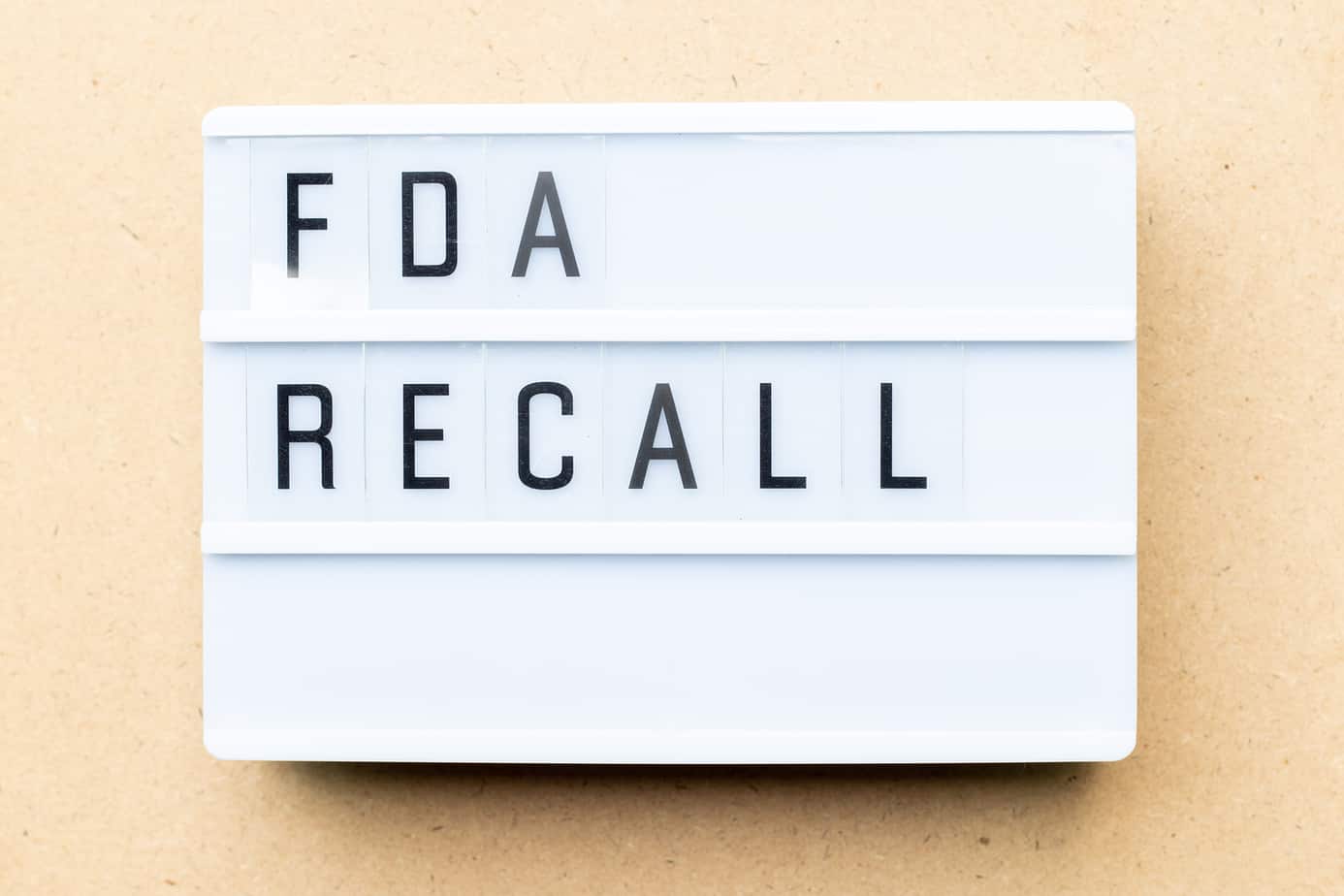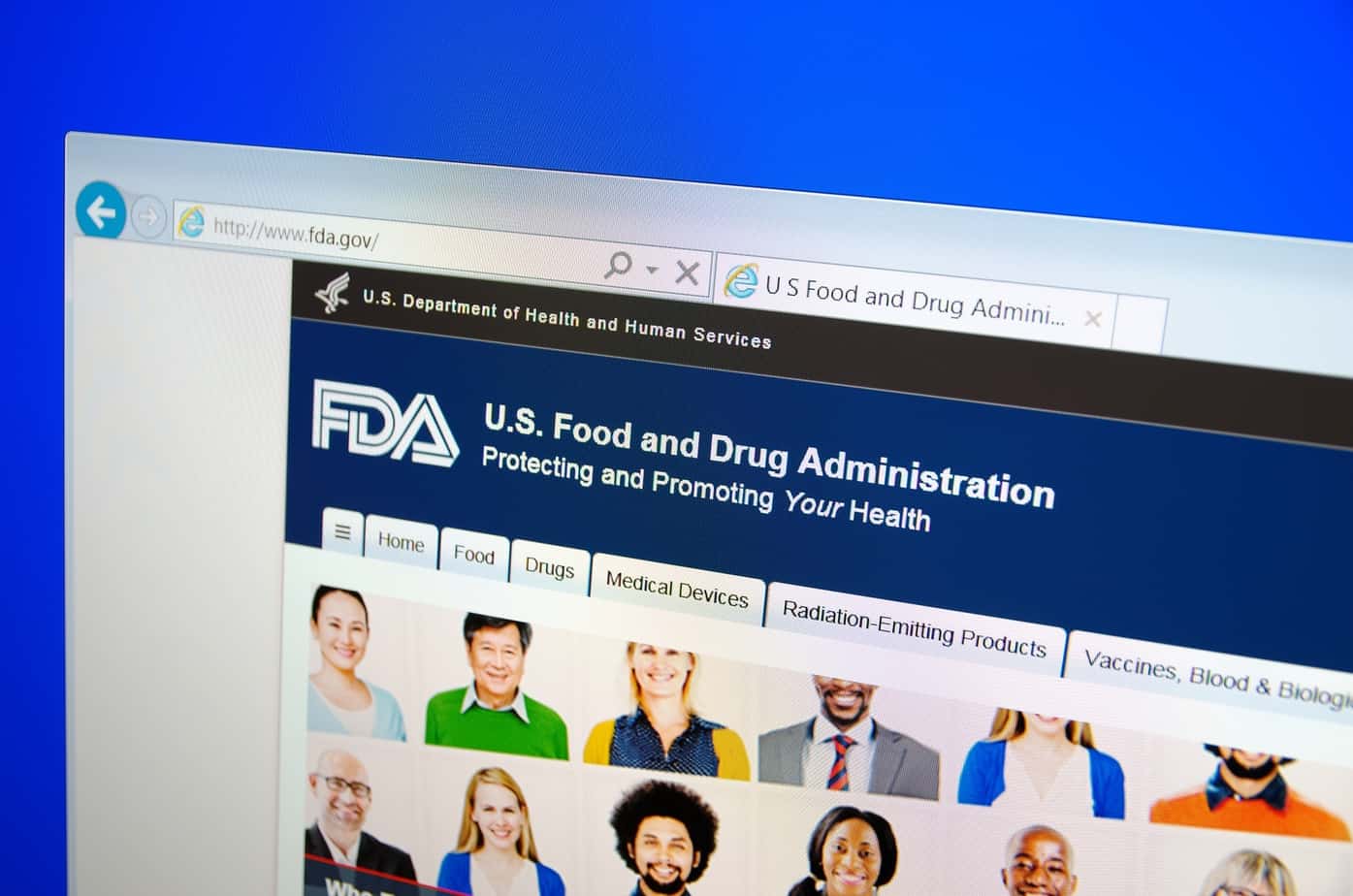A new study has found that more than 750 supplement brands have been tainted with prescription drugs. In some cases, the supplements contain two or more hidden drug ingredients.
Dietary supplements are not regulated in the same ways as pharmaceutical drugs, and they should not contain prescription drugs.
While the FDA has identified the tainted supplements, less than half of the products have been recalled.
Researchers from the California Department of Public Health say these products, which remain on the market, have the potential to cause serious health issues. The researchers wrote this opinion in the journal JAMA Network Open.
Medical experts are calling on the FDA to take action to remove the tainted supplements from the market.
Researchers analyzed data from the FDA’s database on tainted dietary supplements, which were identified by the agency between 2007 and 2016. During this time-period, 776 dietary supplements were found to contain pharmaceutical drugs. Among these, 86% were marketed for weight loss or sexual enhancement. Another 12% were marketed for muscle building.
According to the study, 1 in 5 products (about 20%) had more than one hidden drug.
The most common drugs found in the supplements were sibutramine (an illegal weight-loss drug), sildenafil (the active ingredient in the drug Viagra), and synthetic steroids or steroid-like ingredients.
Less than half of the tainted supplement brands were recalled.
It is still unclear why these products were not recalled. The FDA may have been unable to reach the companies that produced the tainted products to have them issue a voluntary recall. Or, the FDA may have contacted the companies, but they may have refused to recall their products.
When companies refuse to issue a voluntary recall, the FDA does have tools it can use to get the product off of the market. However, the study found that the FDA rarely used such tools. The agency did not issue any mandatory recalls and only issued seven warning letters.



